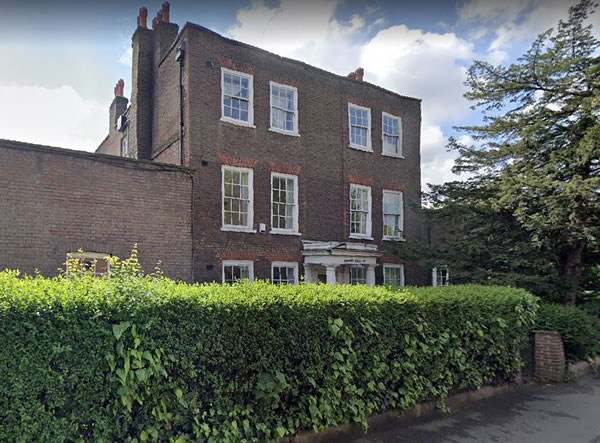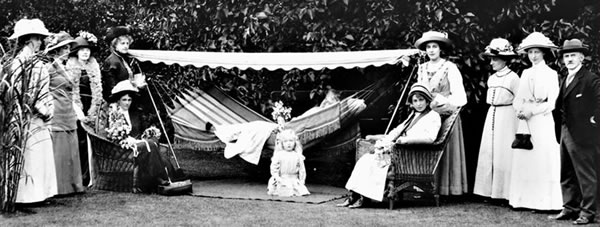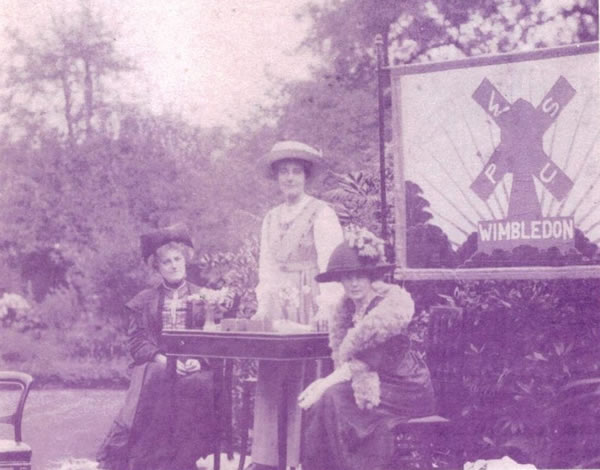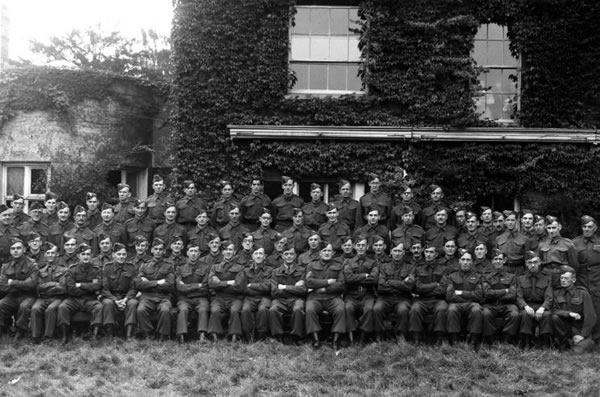Campaign To Save Historic Dorset Hall For The Community
Georgian building was home to pioneering Wimbledon suffragette

Dorset Hall from Google Street View
Historic Dorset Hall in South Wimbledon is to be saved from collapse after the owners agreed to carry out vital repairs to the Grade II-listed Georgian building in Kingston Road.
It was the former home of Rose Lamartine Yates, one of the early pioneers of the Suffragette Movement, who moved there with her husband Tom in 1909.
But the building, owned by housing association Clarion Housing, has been empty and decaying for at least four years after the failure of a project to turn it into flats.
Now women’s rights campaigner Barbara Gorna, who first spotted Dorset Hall on her regular commute, is hoping to save the building and see it turned into a community space and “living monument” to Wimbledon’s place in the suffragette movement.
Barbara details on her blog how Rose became secretary of the Wimbledon Branch of the Women’s Social and Political Union (WSPU) in the same year she moved to Dorset Hall, and made Wimbledon Common her platform for speeches on the need for the vote to improve women’s lives.
The ‘Votes for Women’ slogan was etched with acid into Wimbledon Common golf course, and there was an attempt to burn down the All England Pavilion under her watch.
Dorset Hall became a hub of the women’ suffrage movement and a place of refuge for many leading suffragettes. Emily Wilding Davidson, who was trampled under the King’s horse at Epsom in 1913, was a frequent visitor and a friend of Rose Yates.
She is thought to have died trying to throw a Votes for Women sash on or around the King’s horse as it galloped past but was seriously injured as the horse tried to jump and trampled her. She eventually succumbed to her injuries.
Rose became ill after Emily’s death and went abroad to recover. On her return, the Great War of 1914 broke out and Rose fell out with the Pankhursts who tasked the WSPU with supporting the war rather than continuing the women’s suffrage campaign.
She set up a new organisation called Suffragettes of the WSPU and continued to lobby for the vote. She was also instrumental in creating the Suffragette Fellowship ensuring a legacy for suffragette history.
After the war, she won a seat on London County Council and continued to fight for women and the poor all her life. She pledged her garden at Dorset Hall in perpetuity to the people of Merton.
Barbara is chair of the Dorset Hall Group, which has until June to assess the house and raise money to purchase it.
She said: “Dorset Hall is such an important site, rich with the history of the women’s suffrage movement and its campaigners like Emily Wilding Davison, that I passionately believe it simply must be saved and prevented from deteriorating further.”
Since the group launched its campaign, Clarion Group has said it will start vital repairs to prevent further deterioration of the already damaged roof. Work is due to start next week.
Local historian and former Councillor, Peter Walker has been running “A Radical Walk in Wimbledon” for the Wimbledon Bookfest and other organisations. He said that as part of the walk, people appreciate the chance to visit the Dorset Hall garden.
Amongst the stories on his walks, he produces this picture (below) of three suffragettes recovering in the garden of Dorset Hall having been welcomed by Rose and her colleagues. He said he hoped any future development would ensure the garden was kept open for the public.

In the hammock in the Dorset Hall garden is hunger striker Mrs Wilkinson and on the right is hunger striker Florence McFarlane. Standing behind Florence McFarlane is Rose, while on the far right is her husband Tom, while their son Paul is kneeling at the front.

Rose is pictured speaking in the garden of Dorset Hall

The local Home Guard at Dorset Hall. Image courtesy of Mike Strange
February 17, 2021